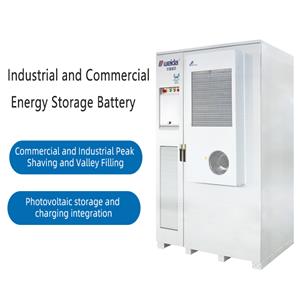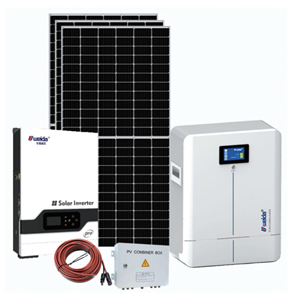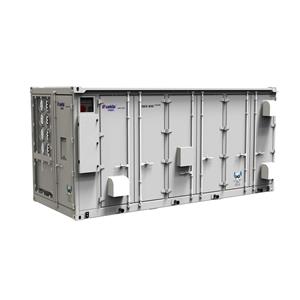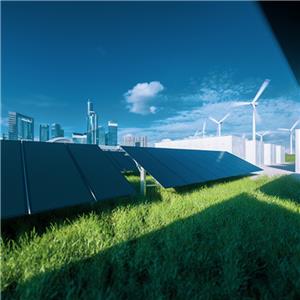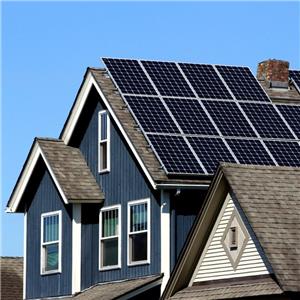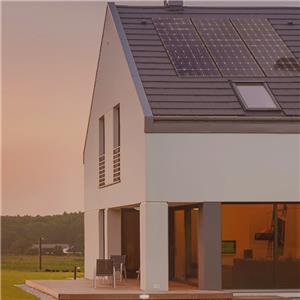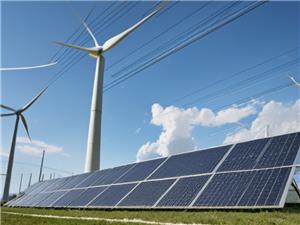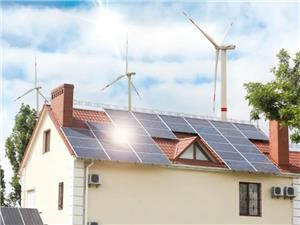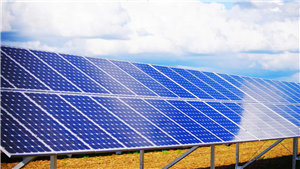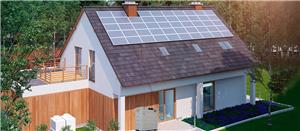-
05-09 2025
Home energy storage systems: save 50%+ on your electricity bill and say goodbye to blackout anxiety, it's worth it!
Reducing peaks and filling valleys Many regions have a peak and valley pricing policy, which means that electricity prices are higher during peak periods and lower during trough periods. Domestic energy storage systems can store electricity during low tariffs and release it during peak hours, thus reducing electricity consumption during peak hours and effectively lowering electricity bills. For example, research in Germany shows that a 2kW photovoltaic system with a 2kWh storage battery can reduce grid electricity costs by 64%.
-
11-14 2024
Lead to lithium: technological innovation and market transformation
1. High energy density: the energy density of lead to lithium batteries is much higher than that of lead-acid batteries, which means that lithium batteries are able to store more electricity under the same volume or weight. 2. Long life: the cycle life of lead-converted lithium batteries is much longer, usually up to 1200-2000 times, while the cycle life of lead-acid batteries is only 500-900 times. 3. 3. Lightweight: The small size and light weight of lead-converted lithium batteries make them suitable for use in mobile equipment and electric vehicles, which reduces the burden on the equipment and improves the convenience of carrying. 4. High charging and discharging efficiency: lead to lithium batteries in the charging and discharging process of the energy loss is smaller, can be more effective use of electric energy.
-
05-28 2024
Energy Storage The Time-Travelling Power Bank

-
04-30 2024
Lead-acid batteries: you are familiar with the ‘old friend’, hidden what is not known secrets?
A hundred years of inheritance and durability: the long history of lead-acid batteries The invention of lead-acid batteries dates back to 1859, when French physicist Gaston Planté invented them. After more than 160 years, lead-acid batteries are still one of the most widely used types of batteries in the world, which demonstrates their technological maturity and reliability.
-
04-02 2024
Energy Rising Stars: How Energy Storage Technologies Are Changing Our Lives
Energy storage, as the name suggests, is the storage of energy so that it can be used when needed. It is like the "energy bank" of our life, providing indispensable power support for our daily life.
-
03-20 2024
The Rise of the Global Energy Storage Industry: How Home Energy Storage Systems Are Key to the Energy Transition
A home energy storage system, or household energy storage system, is a device similar to a miniature energy storage plant that can recharge itself during low periods of electricity consumption for use during peak periods or power cuts. Such systems operate independently of the pressure of urban power supply, providing a more stable and reliable source of energy supply for households. Particularly when equipped with residential solar power generation facilities, smart home installations can significantly reduce peak power demand, further contributing to efficient energy management and conservation.
-
03-13 2024
Green Home Energy Storage: Embracing a Sustainable Future
Simply put, green home energy storage is the process of storing electricity generated from renewable energy sources, such as solar energy, to be used when needed. It can help households reduce their dependence on the traditional grid and lower the cost of their electricity bills, while improving energy efficiency.
-
02-28 2024
How to choose the right energy storage system for your home
Firstly, the capacity of the energy storage system is determined according to the household's electricity consumption and habits. If the household consumes a lot of electricity or often faces situations such as power outages, then it needs to choose an energy storage system with a larger capacity. The charging and discharging efficiency of the energy storage system should also be considered to ensure that it can supply power to the household quickly and efficiently.
-
01-24 2024
A Homeowner's Guide to Going Solar
If you are considering going solar, there are a few things you need to know. First, you need to determine if your home is a good candidate for solar installation. This depends on a number of factors, including the amount of sunlight your home receives, the size of your roof, and your energy usage.
-
12-21 2023
Residential Energy Storage Emerges as an Emerging Global Investment Option
These benefits are attracting the attention of a growing number of investors. According to Bloomberg New Energy Finance (BNEF), global investment in residential energy storage reached $15 billion in 2022, a 70% increase year-over-year.

